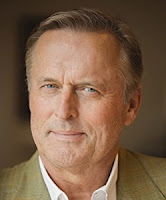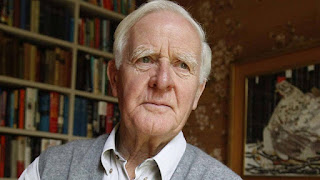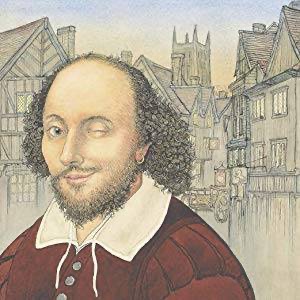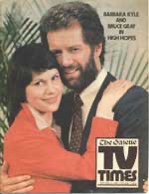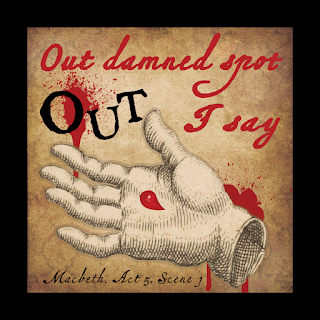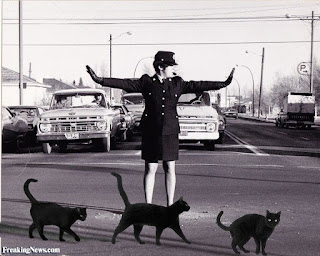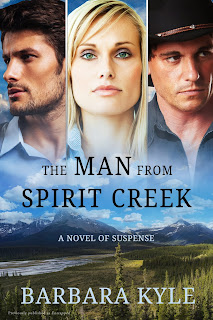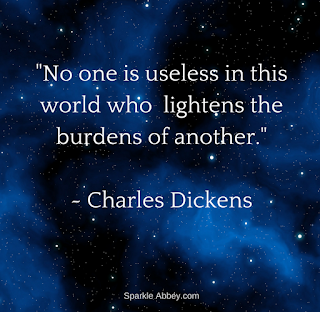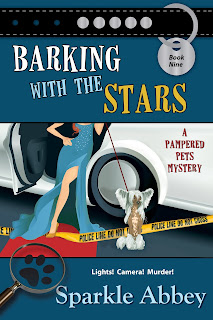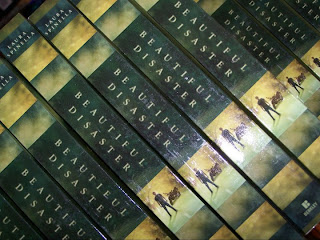The Thrill that Inspires
by Barbara Kyle
As the author of historical thrillers and contemporary thrillers, I’ve enjoyed pushing the boundaries of the genre.
It’s often said that a good thriller is like a roller-coaster ride. That’s true enough. The genre is about high stakes, countdowns, and suspense, and
every compelling thriller delivers this kind of excitement.
But the most satisfying thrillers deliver more: an exciting story that also
explores complex issues and has something important to say about our world. This
kind of story takes the reader away from the amusement park and sends them on a
voyage: an exhilarating journey into a different way of thinking.
I call it the Inspiring Thriller.
An inspiring thriller takes readers beyond their expectations and gives them
an insight they never saw coming. “Insight” literally means seeing the truth
through and under the surface of things. It’s the inspiring thriller’s job to
challenge readers’ acceptance of society’s status quo.
At its heart, an inspiring thriller is always about confronting power.
Power-Busters
Charles Dickens knew this when he used his immensely popular novels to hold
a mirror up to the horrors that working-class people suffered under unfettered
capitalism in nineteenth-century England.
In our time, bestselling author John Grisham has often done the same with
his thrillers about the “little guy” up against some form of corporate bully.
John le Carré’s thrillers train his unflinching focus on the controlling corporate
and political powers that corrode our lives.
Denise Mina, a master of crime fiction, reveals the raw wounds that
Glasgow’s poor and powerless suffer, while featuring female central characters
who are resilient and resourceful.
Grisham, Le Carré, and Mina use the thriller genre to say what needs to be
said.
What’s It All For?
Christopher Vogler, in his book The Writer’s Journey, says the final step of
any hero’s journey is bringing back an “elixir” to heal the rupture that
incited the main character’s risky quest. The elixir might be literal: food for
the starving tribe. Or it might be abstract: a hard-won wisdom that heals a
shattered family. In a big techno-thriller, it might even heal the world.
Whatever it is, if the hero does not bring back something to share, they
remain unenlightened, adolescent. They haven’t grown. And therefore, neither
can the reader.
In other words, the roller-coaster ride is all you get.
An inspiring thriller may end in tragedy, or it may end with justice
prevailing, or maybe a bittersweet blend of both. Whatever the outcome, readers
welcome the experience. We need it.
Because it’s not the roller-coaster ride that satisfies the soul. It’s the
voyage.
______________________________________________________________________
Barbara Kyle is the author of the bestselling
Thornleigh Saga series of historical novels and of
acclaimed thrillers. Her latest novel of suspense is The Man from Spirit Creek. Over half a million
copies of her books have been sold. Barbara has taught
hundreds of writers in her online Masterclasses and many have become
award-winning authors. Visit Barbara at https://www.barbarakyle.com/



